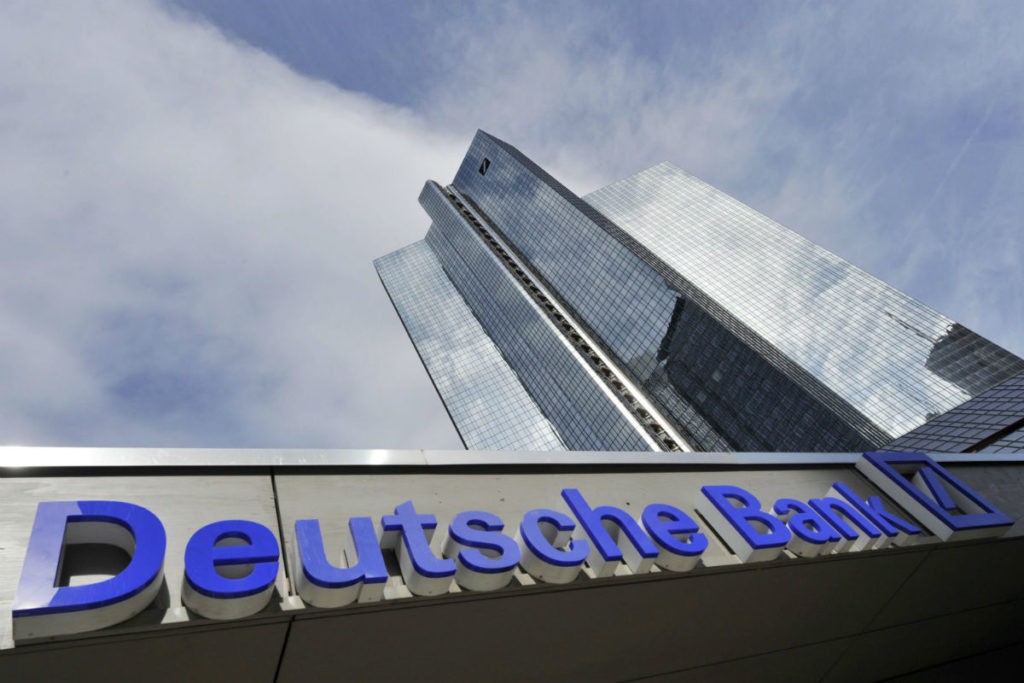Deutsche Bank: “There’s No Escaping The Fact That This Is A Class War”

From DB’s Jim Reid, who succintly explains the “benefits” of 7 years of ZIRP, NIPR, Twist and QE… and leaves off with hopes for helicopter money.
The shockwaves and consequences around Brexit will resonate for years. It’s probably an understatement to say that most in financial markets regret the UK’s decision to leave but we should respect the forces that have been pushing us towards what has always been an inevitable political accident sometime soon. I wasn’t sure whether the Brexit vote was the one but I was pretty convinced one was coming and this is probably not the last. Spain yesterday started a general election cycle (more below but relatively market friendly) of the largest 5 euro-area economies (Spain, Holland, France, Germany and Italy) over the next 18 months or so, not forgetting the US this November. Throw in the crucial senate reform vote in Italy in October and you’ve got plenty of opportunity for rebellion against the establishment that haven’t managed to produce satisfactory enough growth for the lower paid/lower skilled to offset the forces of globalisation and immigration.
It’s worth looking at the voting split in the UK’s EU referendum based on polls compiled by Lord Ashcroft to get an idea of the disenfranchisement. In terms of socio-economic groups, 57% of ABs (upper/middle class – professional/managers etc) voted remain, 49% of C1s (lower middle class – supervisory/clerical or junior management/administrative), 36% of C2s (skilled working class) and 36% of DEs (Ds – semi & unskilled manual workers. Es – casual/lowest grade worker or state prisoner
So there’s no escaping the fact that this is a class war. Whether its globalisation, immigration, inequality, poor economic growth or a combination of all of them it’s quite clear from this and other anti-establishment movements that the status quo can’t last in a democracy. Eventually you’ll have a reaction. This is one such major reaction and given that the UK growth rate has been ok of late, it would be strange if pressure didn’t continue to build elsewhere where growth has been lower for longer.
Another point to make is that Europe’s natural state is change through history. A few months ago I saw a great 3 minute video from the World Economic Forum showing Europe’s ever changing borders since the year 1000.
It is amazing to see the constant shifting in boundaries, states and countries. By imposing an artificial EU boundary on a continent that’s natural state is change you are likely to build up tensions in a similar manner to tectonic plates so when it shifts it’s likely to shift big. Interestingly the video shows that in a continent of ever changing boundaries, one of the most stable alliances has been the one between England and Scotland. This is obviously at risk again. Please look at the video, even if some of the dates can be questioned, it’s an impressive eye opener to the continent’s evolution.
If one wants to look for positives it’s that there has to be a change of economic policy soon across the globe. We’ve discussed many times that the global financial system and many of the economies within it are broken. Well such a shock could eventually speed up better policies to address this. As we’ve said many times before we’d love that policy to be more creative destruction with debt being destroyed but realistically the mess is too big to fix this way without depressionary economic conditions. We therefore need a growth plan to grow into the burden and despite the obvious issues and moral questions, helicopter money is worth a risk. Anything that gets fiscal money into the economy (paid for by money printing) will surely be biased to those disenfranchised by current policies. QE directs money into establishment institutions and only eventually the masses via trickle down (if much occurs). We think Brexit will eventually speed up ‘helicopter money‘ and one never knows, maybe a new UK government may be forced to spend more and we’ll see the UK as an early adopter.

